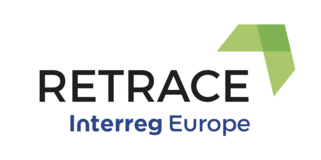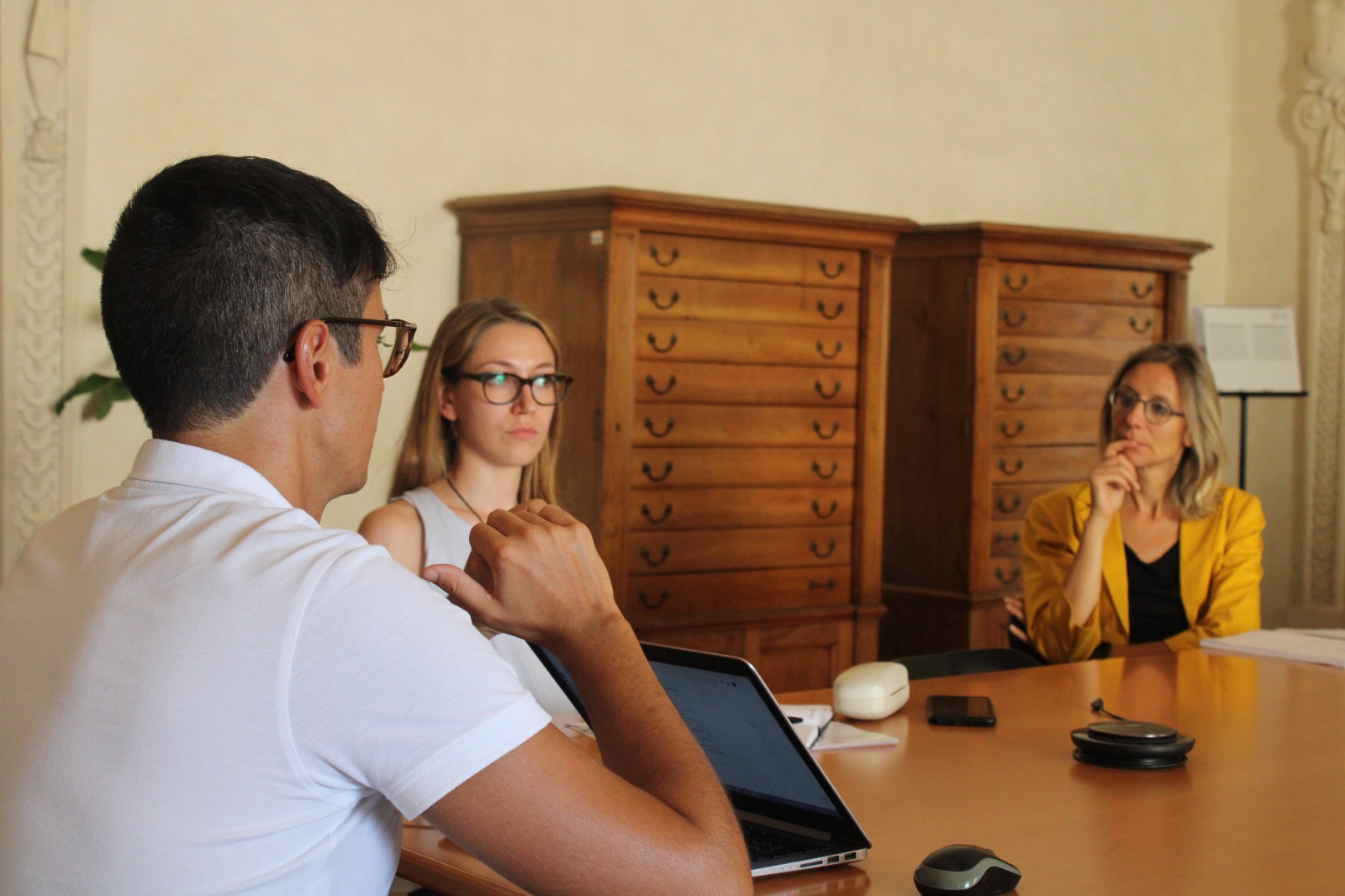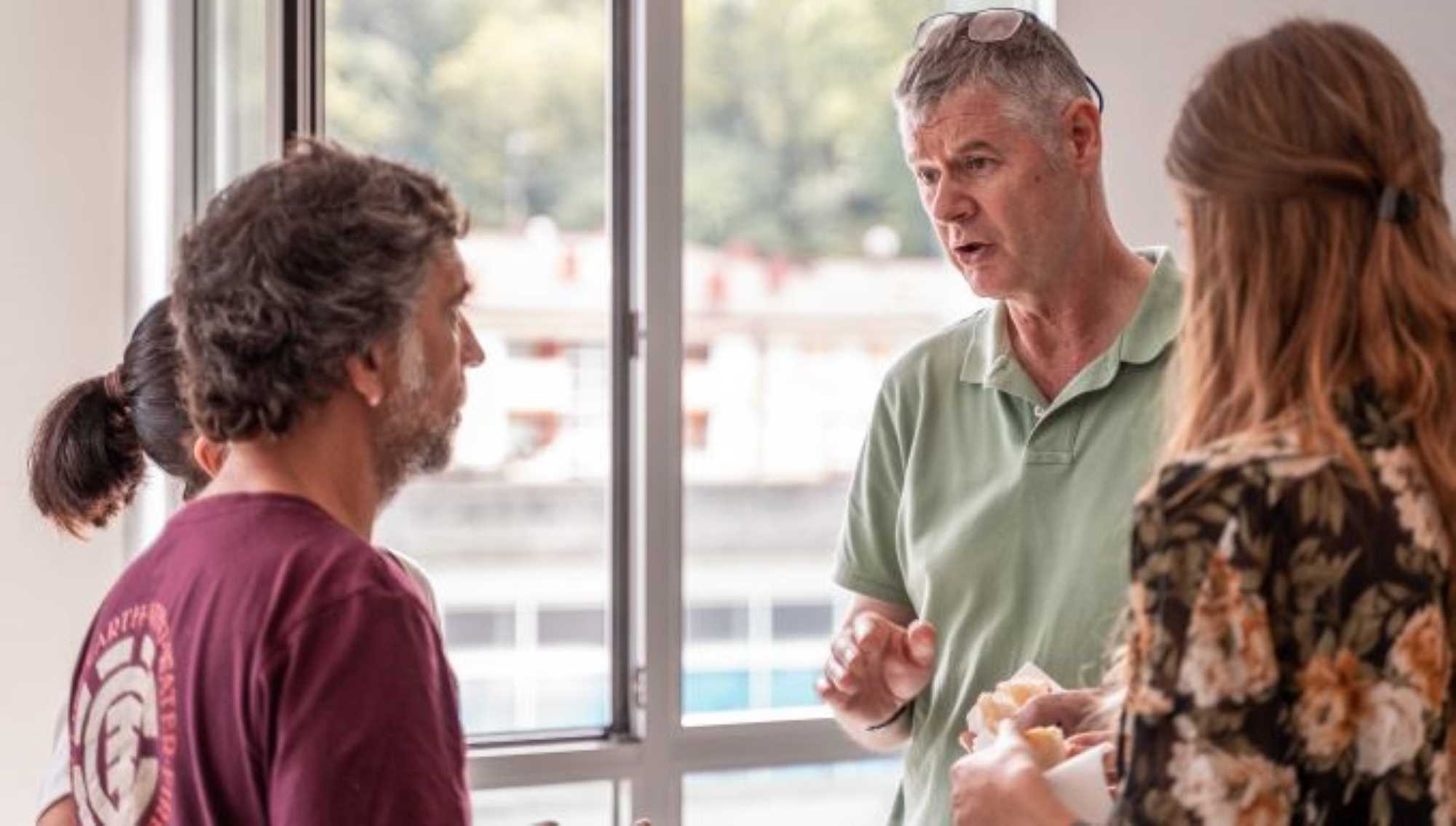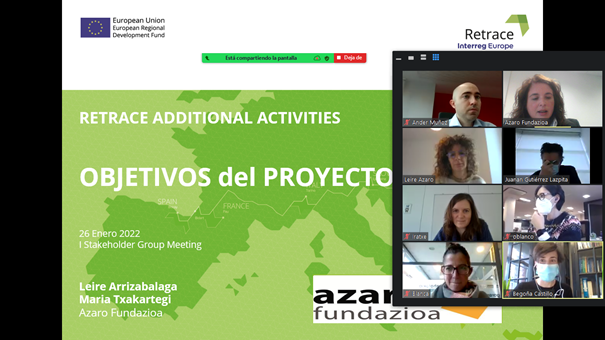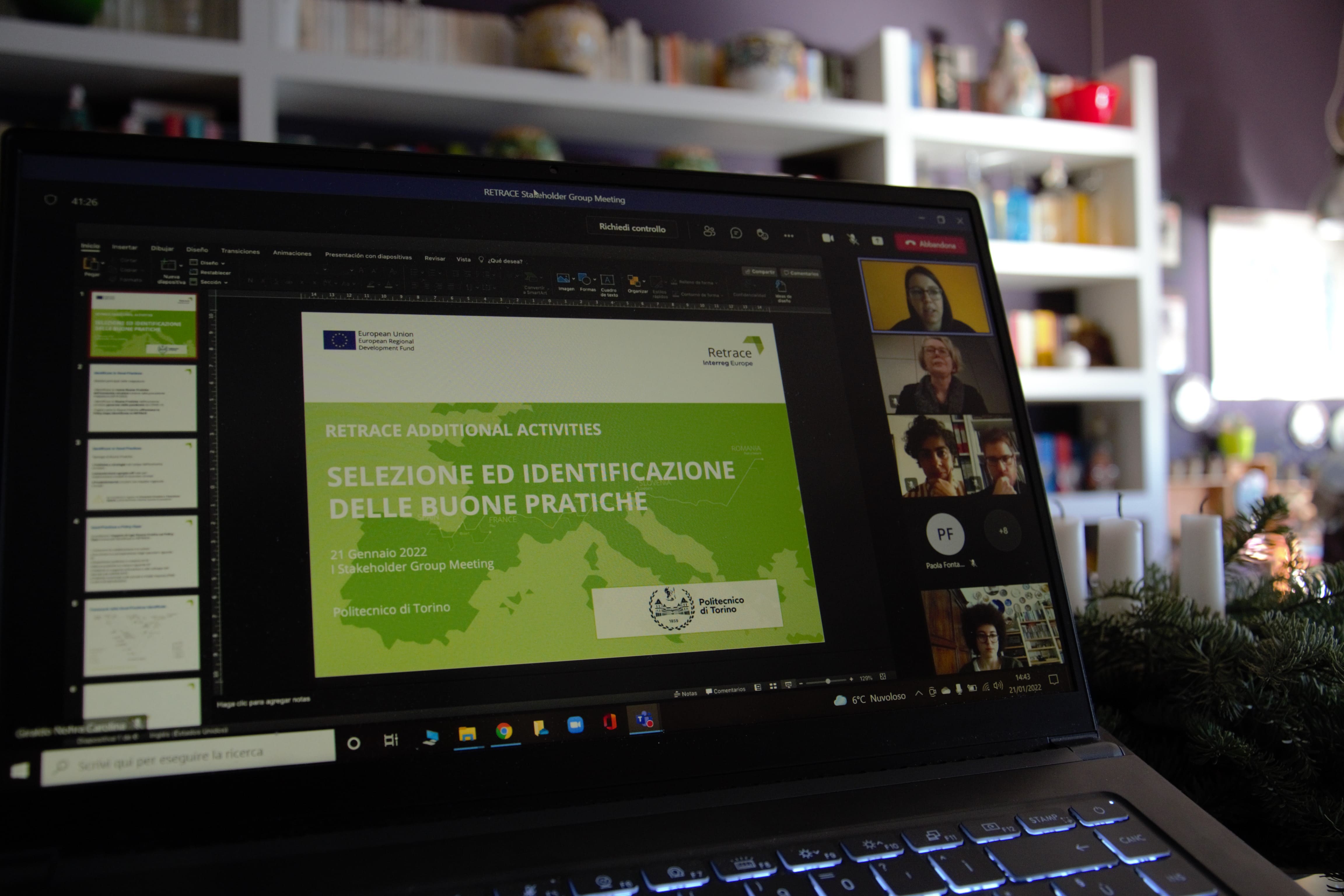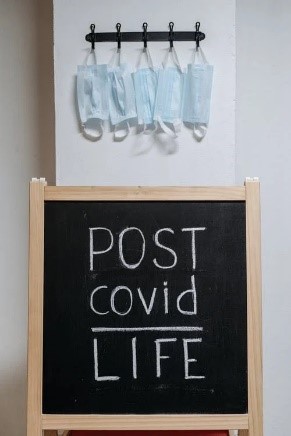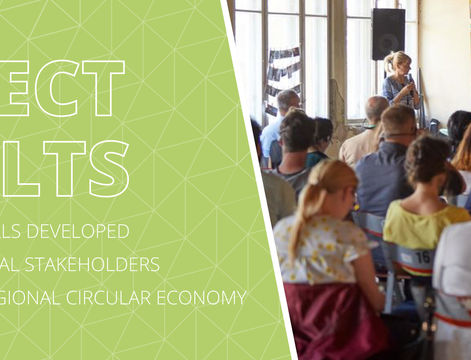Government office for Development and European Cohesion Policy and the stakeholders involved were partnering in identifying the policy gaps as well as designing and implementing Regional Action Plan (RAP) under the Retrace project.
Results that we achieved through the project are numerous and could be grouped in enhanced knowledge and skills in the different stakeholders’ groups, stronger network and also modification in designing the instruments that support the transition to circular economy.
Knowledge and skills development
In the process of project implementation, we can report about various levels of increased knowledge and understanding about the key elements that support the transition to circular economy.
- Practical knowledge: the exercise of mapping potential good practices to organise field visit expanded our knowledge about the developments and initiatives in Slovenia that are striving to support transition to low carbon circular economy. Additionally, the knowledge was expanded also via field visits where the project team and our stakeholders could learn more in depth what are the initiatives and projects supported in partner regions that could be interesting for implementation. In addition to this, the practical knowledge also includes better insights and understanding of the gaps that preventing more systemic transition to circular economy.
- Analytical knowledge: The process of selection of good practices consisted of two very important stages – consistent methodological framework to prepare description of cases that were then shortlisted for the study visits. After this, the methodological approach was also used to assess the relevance of particular good practice so that we came to a selection of best cases in a consistent manner. This approach and also the methodology could prove to be helpful also in other such situations.
- Theoretical knowledge: The project implementation also offered ample opportunity to gain the theoretical knowledge about the systemic design and its role in the transition to CE. In this area, what was particularly valuable was the understanding the approach to evaluate the potentiality of particular territory and/or region. In this way the possible synergies and symbiotic relationships could be generated beyond the prevailing sectorial approach. The publications that were produced in the framework of the project will have lasting value to refresh the understanding when necessary. Regional and interregional dissemination events that were organised in Slovenia were also valuable in improving the theoretical base in the area of systemic design and circularity.
Engaging the stakeholders to address the identified gaps
In the process of project implementation, we were able to continuously strengthen and expand the network of participating stakeholders. This proved to be valuable for two reasons. First one was that through the stakeholders` involvement we were able to understand better the potentials and needs of various groups and on the other hand stakeholders became “owners” for implementing (some) of the actions elaborated in the RAP.
Actions implementation
Actions that were elaborated in the RAP were addressing the identified gaps. Certain actions were complex and as such still demand more time and resources to be fully implemented. Nevertheless, through the implementation of the RAP actions we achieved the following results:
- We prepared a “pilot” list of waste that could be used for the further exploration of its potential for the further use.
- We prepared a package for information dissemination and/or workshop organization. We increased the understanding of the regional stakeholders (at least 100) about the current context that requires transition to the circular economy, what such transition entails and what are the possible cases that could inspire and inform the local/regional actors.
- The frame for the green voucher is prepared and it is expected to be launched in the first half of 2020, and its value is estimated at 0,5 mio EUR.
- The successful implementation of Creative & Circular Competition by the two stakeholders. Three products among them were selected and given international visibility at the ECESP Annual Conference 2019 in Brussels on 7th March.
- Students from the Academy of Fine Arts – Design Department (University of Ljubljana) participated at solving the challenge by the Lavazza company through the assistance of our project partner Politecnico di Torino, using a Systemic Design Toolkit.
- Over 30 civil servants were informed about the underlying reasons that require the transformation towards the circular economy and were also introduced to the basic principles of this concept. Additionally, they got familiar with the good practices at the level of policy making from other EU Member states.
